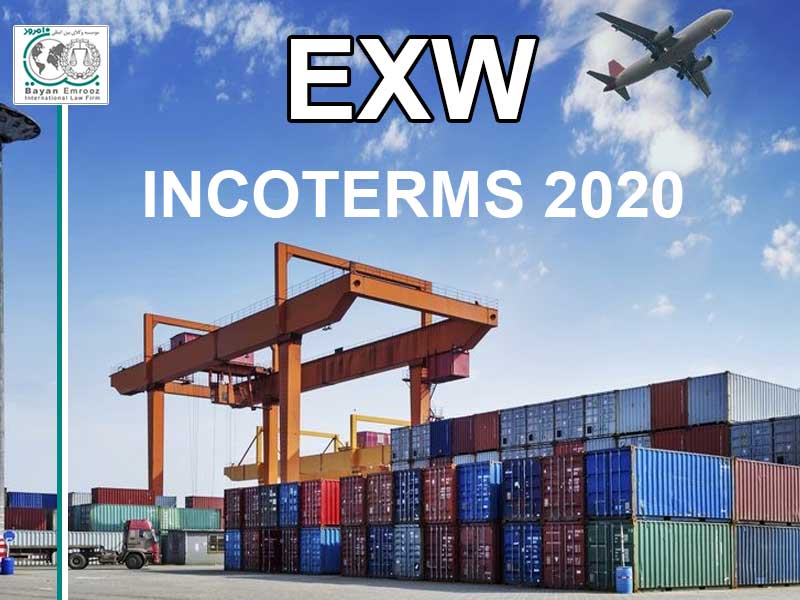Electronic Know Your Customer Processes & Best Practices (E– KYC)
Introduction:
In the age of information and Internet communication, especially the development of technologies and intelligent technologies, many traditional communication ways have faced profound changes. For example, using cash instead of credit cards, or with a simple click you can easily do your banking activities wherever you desire. The development of the internet since the mid-1980s has transformed much of financial services, also it has led to the development of new industries such as social media, and e-commerce. In fact, today’s life has increased the general tendency to do things remotely.
Function & Meaning:
According to the mentioned change, knowing the function and meaning of the KYC and E- KYC is essential. KYC means ‘Know Your Customer’ and sometimes “Know Your Client”. KYC is the mandatory process of identifying and verifying the identity of the client when opening an account and periodic reassurances . KYC (Know Your Customer) is a significant element in the fight against financial crime and money laundering, customer identification is the most critical aspect, as it is the first step to perform better in the other stages of the process.
E- KYC (Electronic Know Your Customer) is the remote, paperless process that minimizes the costs and traditional bureaucracy necessary in KYC processes. Most countries have well-established Know Your Customer (KYC) rules that specify identification, due diligence and risk assessment procedures for analyzing clients. New KYC guidelines and regulations are required to keep pace with the reality of digital transactions. While modifying laws to make them more applicable is possible, many countries have established E-KYC (electronic Know Your Customer) regulations for the digital and mobile realities of today.
E- KYC refers to the electronic means to conduct customer identification and allow online and or digital verification of the customer’s identity. When biometric-based, E-KYC may require capture of the customer’s biodata which may include fingerprints, facial, voice and iris scans. Similarly, an identity with electronic and/or biometric components to it, is known as an electronic ID (E- ID).
World Bank in its “Electronic Identification Technical Report” mentioned that:
-
- In the E-KYC process, residents would authorize the government through E-ID authentication using either biometrics or One-Time Password (OTP) to provide to service providers their demographic data, along with their photograph, digitally and encrypted. This would help the service providers to perform a paperless and real time KYC process.
- The E-KYC process would enable service providers to make instant delivery to residents that, otherwise, may take a number of days for activation pending verification of related documents.
- The use of the E-KYC process would avoid the cost of repeated KYC processing, the cost of paper handling and storage, and the risk of forged proof of identity and proof of address documents.
In Iran:
The SJAM system, which stands for “Comprehensive Customer Information Registration System”, operates to provide better and faster services by the Central Securities Depository and Settlement Company, and aims to create a main system to collect customer information.
Nonetheless, in the banking system of Iran, in addition to creating instructions for electronic identification and authentication of customers, E-KYC system has not been accepted.
In this system, the initial registration of all person and legal entities investors in the market is done. In fact, if the person who register in the SJAM system, fills in the forms defined by the stock exchange organization only once, it is enough and there is no need to do a double process.
In Conclusion:
Implementing a fully-fledged E-KYC system also requires large capital but beyond the initial costs incurred, countries must be able to further bear the ongoing costs associated with data management, security, and continual enrollment. Everyone can simply use the E-KYC procedure and enjoy the benefits.
Bayan Emrooz is an International Law Firm, founded in 2008 in Tehran, aims to provide legal services to its clients at international standards. Our major goal and approach is to promote a culture of legal consultation in business activities. We create a collaborative environment that benefits from sharing experiences, ideas and unique qualities that each of our lawyers bring to the firm. We are pleased to provide legal services to foreign and local companies in different legal aspects of their business and commercial activities. Our various legal services depend largely on the type of investment as well as the requirements of each individual business project. Our services are provided by our qualified team specialized not only in foreign investment but also business engagements in various sectors. While each company requires a degree of general legal information and background (including legal services on corporate law and registration, employment and business management, trademark and IP protection and investment under FIPPA License), our team of experts also renders services that would be more specifically tailored to the needs of each specific sector. Such services include legal services for drafting, finalization and execution of different contracts, corporate registration, trademark and IP protection, employment and labor law concerns, foreign investment under FIPPA license, arbitration and mediation. For further information on our services and core team, please visit our website and feel free to contact us should you need any further information.






